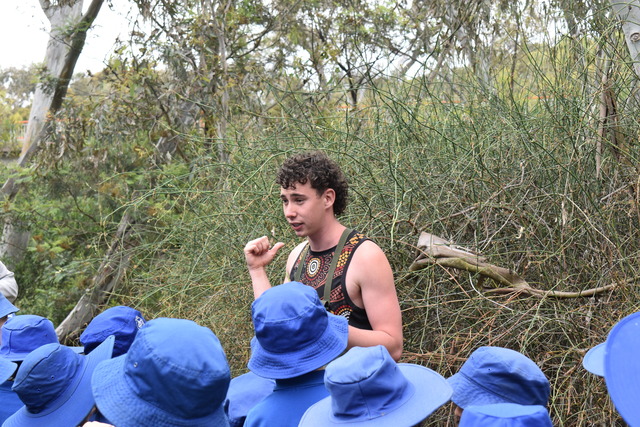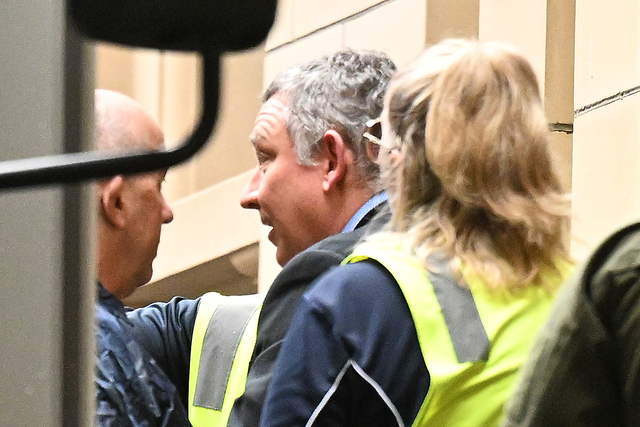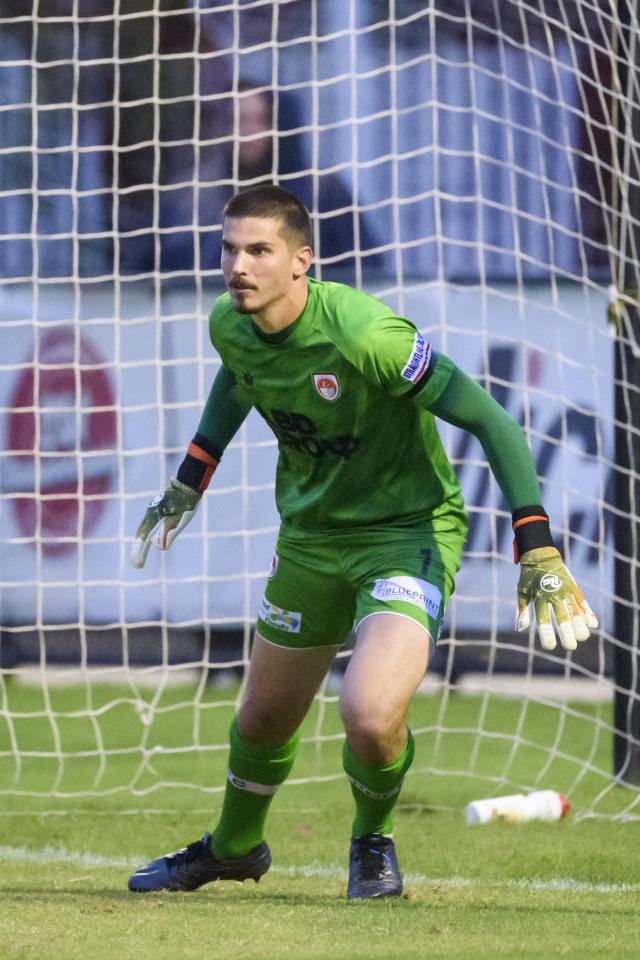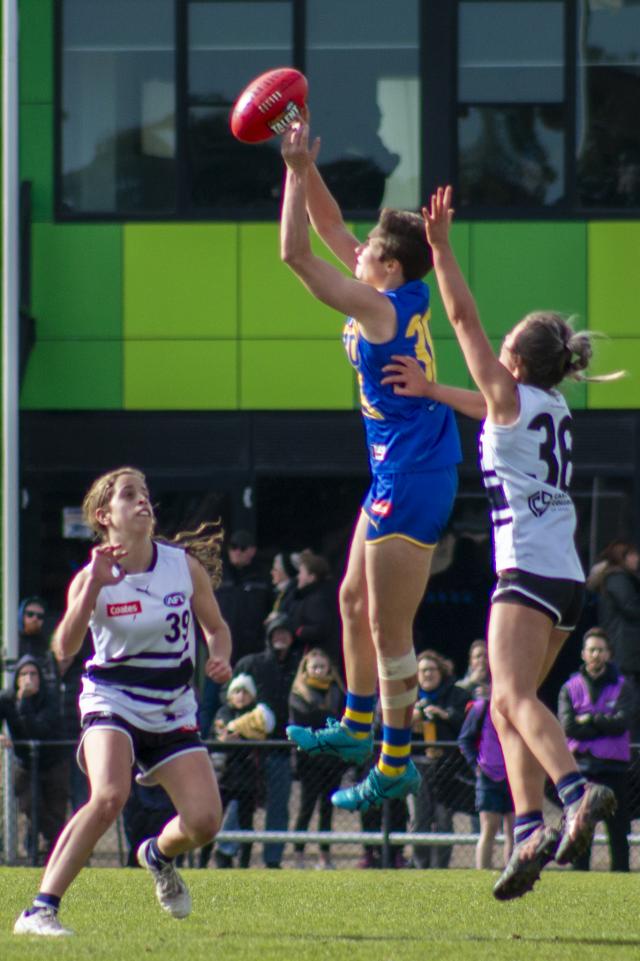No one will ever know how she did it, how she still does it. How, just hours after her precious son was brutally murdered in plain sight by her raging former husband, Rosie Batty dragged herself to her feet, stepped out blinking into the lights of the world’s media and told the truth about the lives of fear and pain in which so many Australian women and children live.
I admire Rosie Batty so much, even as I grieve for her every time I see her sweet, smiling face. It takes something even more than courage to make your son’s death your life’s work.
It was a great morning, this Australia Day, to see the accomplished and civic-minded women who were made Australians of the year: a modern portrait of commitment and duty democratic enough for all Australians.
So it felt strangely uncomfortable that morning to also join in the laughing and shoulder-shrugging that inevitably accompanies discussion of the all too familiar antics of high-profile male sportsmen. The tennis was on, the tantrums were at full volume, the racquets were being smashed into the ground with such force one player even split his carbon-fibre number right down the middle. It was pretty shocking behaviour. For a game.
The many female victims of male violence to whom I have spoken over the years would not have been able to watch the uncontrolled rage of those racquet smashes without flinching. I wondered out loud whether on the morning we celebrate the strength and grace of the extraordinary Rosie Batty, we shouldn’t be too blithe, too amused by the uncontrolled rage we see at the tennis. The behaviour that people like Batty want to change is on a continuum, from apparently anodyne sexist jokes up to unspeakable family violence. As a society dealing with epidemic levels of family violence, we can’t afford to be amused by it anymore.
I should have been utterly unsurprised when a gaggle of social-media nutters blew the tin-foil hats right off their heads at the utterly unsurprising observation. (Some of them even had a meltdown at the use of the term “male violence”. Yes, we really have that far to go.)
Fellas, if you don’t understand that uncontrolled aggression – from abusing an umpire at a kids’ footy game to something much worse – is a threat to society at all points, then you haven’t been listening to a word Rosie Batty has been saying. Or to what the former Victorian police commissioner, Ken Lay, has been saying either.
The brave and forthright Lay is one of the few high-profile men prepared to call us to account for where violence against women all begins: he speaks openly about sexist and offensive language being the start of the contempt that can lead to abuse. His intolerance of jokes and insults, of possessive and controlling behaviour, of abuse dressed up as male pride is a clarion call of honesty and courage. That it comes from a copper makes it impossible to ignore.
At a White Ribbon Day event that I was part of a couple of years ago, former Victorian deputy police commissioner Graham Ashton included the audience in a shocking experiment. On the morning of the lunch, he had pulled at random a 24-hour sheet of police attendances. No filter, no screening. Near the top, was a police callout to a home where a woman had been beaten by her partner. She was pregnant and her belly had been so severely squeezed that the life of the foetus was in doubt. The man was known to police.
Ashton’s point was that in any 24-hour period in Melbourne, police will attend an incident of family violence: imagine the number that go unreported.
In my mind I’ve given a silent Australia Day award to all police officers in all states who take this issue seriously, who see these assaults as indefensible as any other, who refuse to look the other way. They don’t need a knighthood: they honour us all with their work.







